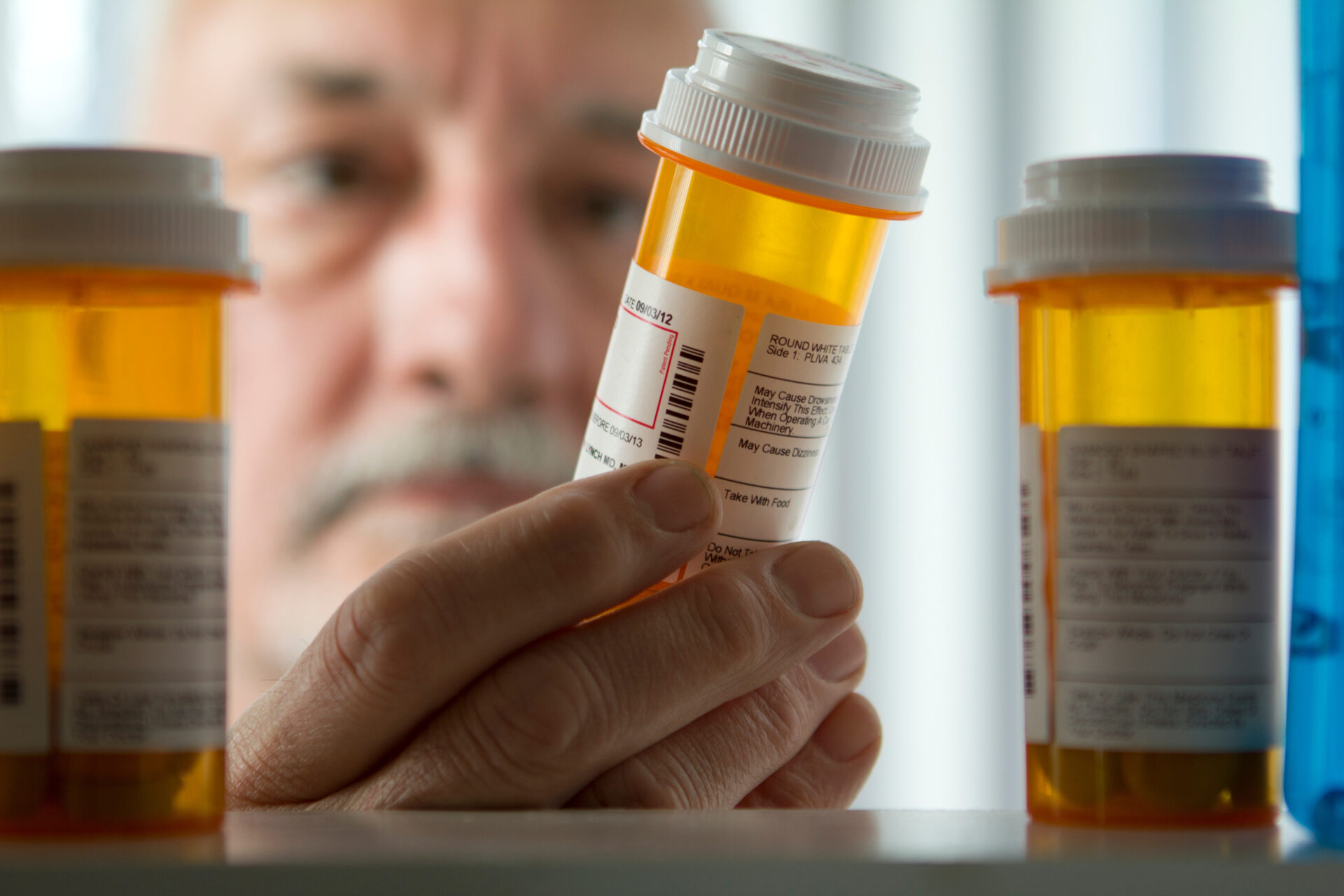Local and state law enforcement agencies will collect unused medication on Saturday, Oct. 26 for Drug Takeback Day.
Twice each year, the Drug Enforcement Administration (DEA) sponsors events nationwide to collect unused or expired prescription medications and responsibly dispose of them to prevent abuse of the substances.
From 10 a.m. to 2 p.m., collection sites will accept tablets, capsules, patches and other solid forms of prescription drugs. Syringes and illicit drugs will not be accepted. Also, liquid products, such as cough syrup, should remain sealed in their original containers. The caps must be tightly sealed to prevent leakage.
A collection site locator and other information is available at DEATakeBack.com.
Since its start in 2010, Take Back Day has removed more than 66 tons of medication from circulation in West Virginia, according to a press release from U.S. Attorney for the Southern District of West Virginia, Will Thompson.
“The non-medical use of prescription drugs is the second-most common form of drug abuse in America,” Thompson said in the release. “Safely disposing of old, unwanted and unneeded prescription drugs is an effective way to prevent accidental poisoning, overdosing and abuse.”
Nationally, the DEA has collected 9,285 tons of medication in 14 years of take back days.
On Oct. 22, Attorney General Patrick Morrisey announced his office will partner with law enforcement and substance abuse prevention groups across West Virginia to provide staffing for collection sites on Saturday.
“Events like this are a key part of the work our office does to keep potentially dangerous drugs from being misused or abused,” Morrisey said in a release. “If anyone has unused or unwanted prescription drugs, especially opioids and other pain medications, I encourage them to bring them in to be safely discarded and destroyed.”
The Attorney General’s office has participated in Drug Take Back Day since 2013 and is coordinating with Capitol Police and the State Department of Homeland Security at a Take Back location at the State Capitol Complex Zone, adjacent to the Culture Center at the Greenbrier, Washington Street entrance.
The Capitol Police provide a year-round disposal box in Building 1, Room 152-A at the Capitol Complex.
Appalachia Health News is a project of West Virginia Public Broadcasting with support from Marshall Health.
